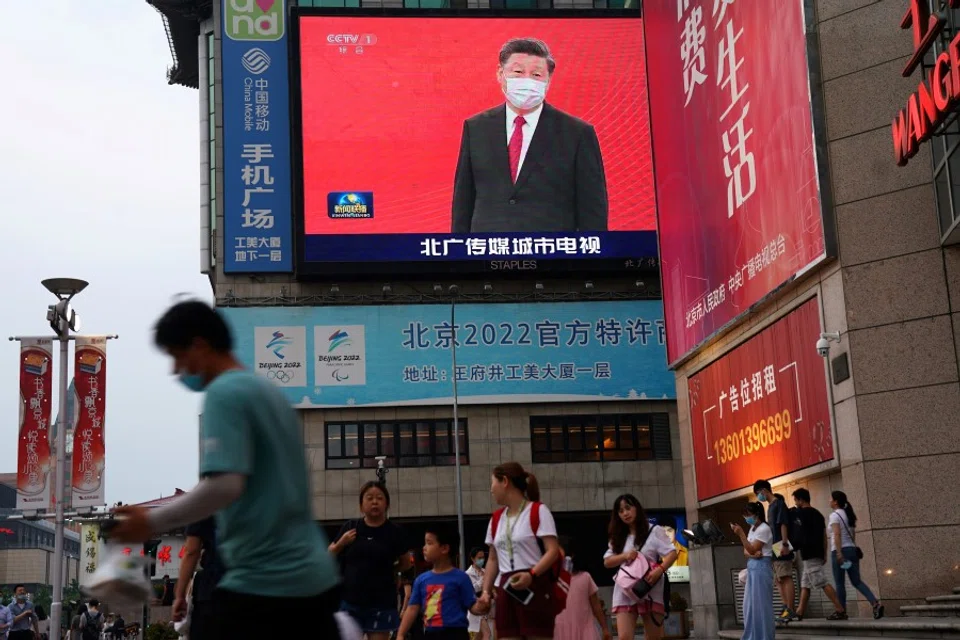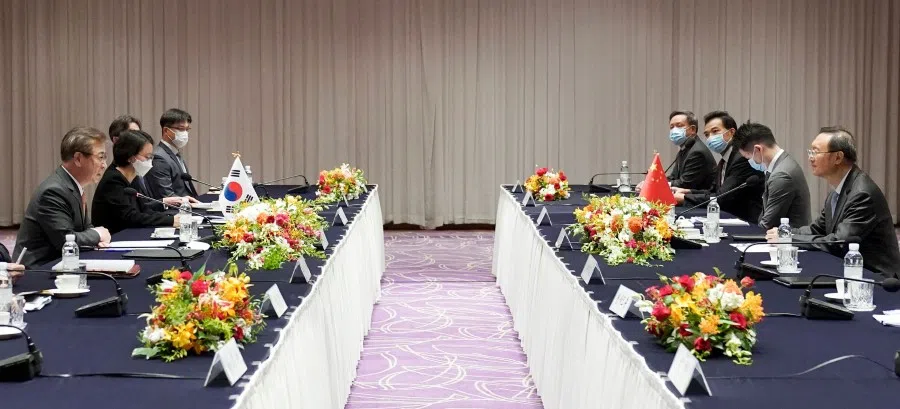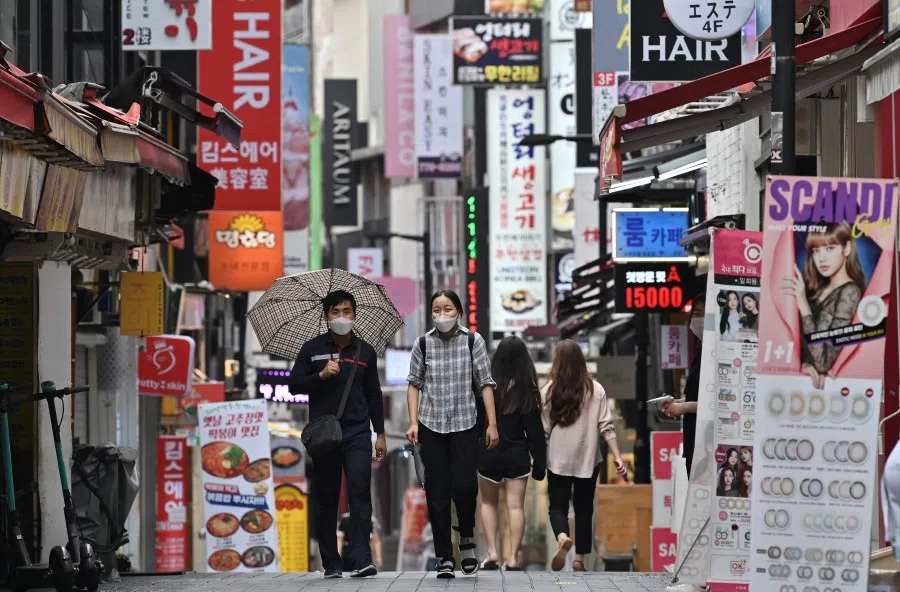Xi Jinping's possible visit to South Korea sparks speculations
Chinese President Xi Jinping's visit to Japan in March was postponed, but next on his list of possible destinations for an official visit might be South Korea. Following Foreign Minister Wang Yi's visit in December 2019, Politburo member Yang Jiechi visited South Korea in late August, possibly paving the way for a visit by Xi. What does that mean for China's relations with South Korea and with Japan as tensions between China and the US continue to escalate?

On 22 August 2020, Yang Jiechi, member of the Politburo of the Communist Party of China, visited South Korea. Both domestic and international media, including Japanese outlets, reported that President Xi Jinping will be visiting South Korea in the near future. Indeed, it is highly likely that a visit was discussed.
It is a widely known fact that under usual circumstances, Chinese national leaders would only make one official visit to a particular country during their term of office. The official visit of former President Hu Jintao to Japan took place in May 2008, and he actually visited South Korea in August of the same year. In addition, prior to the Chinese leader's arrival, the foreign minister and state councilor in charge of foreign affairs typically visits the country. Currently, Foreign Minister Wang Yi is also the state councilor, so his predecessor, politburo member Yang Jiechi, may make the visit. In 2020, the Chinese government had Japan and South Korea on the host country list for Xi. These visits were originally scheduled for 2019, but were postponed to 2020.

Japan would originally have been Xi's first stop. In late November 2019, Wang was in Japan, followed by Yang at the end of February 2020. However, Xi's planned March visit to Japan was postponed. Meanwhile, Wang visited South Korea in early December 2019. Although Yang's visit to South Korea was postponed amid the intensifying Covid-19 crisis, he made the visit in late August this year.
If Xi visits South Korea before the elections, and manages to exchange information and reach an agreement with South Korea on economic bilateral cooperation as well as the situation in the Korean peninsula, it would help to rein in the US.
The visit to South Korea by Yang was not a new decision but a scheduled visit prior to Xi's visit to South Korea. However, there are several points in question. The first is that the order of visits to Japan and Korea will now be reversed. It is clear that China restarted exchanges with South Korea earlier than with Japan under the current coronavirus pandemic. Exchanges of business persons have already resumed under certain conditions between China and South Korea. This will likely happen between Japan and China in the future. Underlying these exchanges is the fact that Covid-19 infections are thought to have been contained in South Korea. In that context, it is understandable that foreign diplomacy, most importantly summit meetings, are restarting earlier with South Korea than with Japan.

The second point is, why is China going ahead with a summit meeting with South Korea now? Firstly, China wants to show the world that it is not isolated from the international community and is making an effort to maintain friendly relations with its neighbours, including America's allies. Moreover, while South Korea faces an impasse in its policy towards North Korea, China may be seeking to give a helping hand to South Korea or to play the role of the messenger to relay information about North Korea, which is dealing with domestic political problems within its regime. An outcome for China for calling South Korea's attention to the North Korea issue, is the disruption of the US's security network. Moreover, as South Korea is in a difficult position on technological decoupling issues related to 5G and semiconductors, China may be looking to prevent the US and South Korea from collaborating further in this area.
However, the US presidential election is an important factor. If Xi visits South Korea before the elections, and manages to exchange information and reach an agreement with South Korea on economic bilateral cooperation as well as the situation in the Korean peninsula, it would help to rein in the US. It would also send a strong message to foreign policy and security strategists in both the Democratic and Republican parties of the US that cooperation with China is essential in dealing with issues in Northeast Asia, particularly those concerning North Korea.
There are many views about the fact that Yang visited Busan and not Seoul. It may be that China is exerting pressure on Japan to make Xi's visit to Japan happen by choosing Busan that is closer to Japan. It was also noted that Yang did not meet up with President Moon Jae-in during his recent trip. There is the possibility that China has made certain requests or presented certain conditions regarding Xi's visit to South Korea. These matters remain obscure and developments in the future must be carefully watched.





